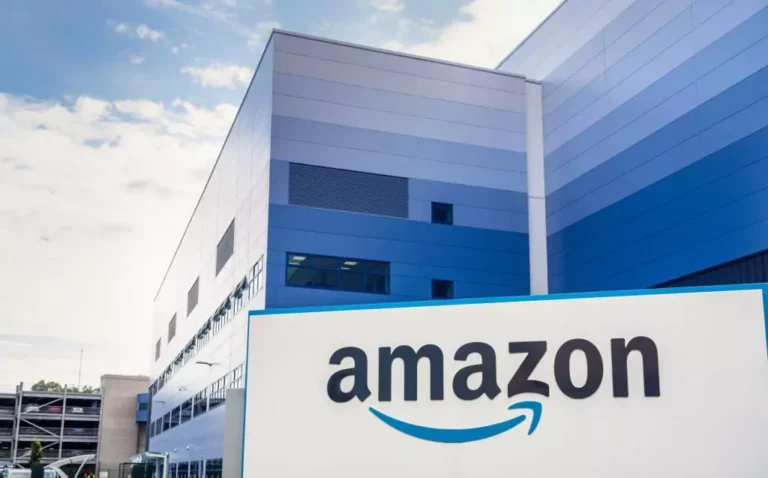What Does “On Hold” Mean at CVS?
Introduction: Understanding CVS’s ‘On Hold’ Status
CVS Health, one of the largest pharmacy chains in the United States, has been under scrutiny for its acquisition of Aetna, a health insurance company. The company’s ‘On Hold’ status means that the investigation into its business practices has been temporarily halted. This article will provide an overview of the situation, the allegations against CVS, the investigation, and the potential implications for the company.

The Background: Why CVS is Under Scrutiny
In 2018, CVS Health acquired Aetna for $69 billion, creating a healthcare giant that combined a pharmacy chain, a pharmacy benefit manager, and a health insurer. The acquisition was met with concerns from regulators and competitors who argued that the merger would reduce competition and harm consumers. The Department of Justice (DOJ) and state attorneys general launched an investigation into the acquisition, which is ongoing.
The Allegations: What CVS is Accused of Doing
The specific allegations against CVS are that the company is using its market power to force health insurers to exclude rivals from their networks. This could violate antitrust laws by reducing competition and increasing prices for consumers. The investigation is focused on whether CVS is using its position as a pharmacy benefit manager to steer patients to its own pharmacies and away from competitors.
The Investigation: Who is Looking into CVS’s Actions
The DOJ and state attorneys general are leading the investigation into CVS’s business practices. The Federal Trade Commission (FTC) is also involved in the investigation. The DOJ and FTC are responsible for enforcing antitrust laws and ensuring that companies do not engage in anti-competitive behavior.
The Implications: What CVS’s ‘On Hold’ Status Means for the Company
CVS’s ‘On Hold’ status means that the investigation into its business practices has been temporarily halted. This could have significant implications for the company, as it may delay the completion of the investigation and any potential consequences. The investigation could result in fines, divestitures, or other remedies that could impact CVS’s operations.
The Repercussions: How CVS’s Stock and Reputation are Affected
The investigation has already had an impact on CVS’s stock price, which has fallen since the announcement of the investigation. The investigation could also have long-term effects on CVS’s reputation, as consumers may be less likely to trust the company if it is found to have engaged in anti-competitive behavior.
The Response: CVS’s Official Statement on the Matter
CVS has stated that it is cooperating with the investigation and that it believes its business practices are lawful. The company has also argued that its acquisition of Aetna will benefit consumers by improving access to healthcare and reducing costs.
The Future: What Could Happen Next for CVS
The investigation into CVS’s business practices is ongoing, and it is unclear what the outcome will be. If the investigation finds that CVS has engaged in anti-competitive behavior, the company could face fines, divestitures, or other remedies. CVS could also choose to settle the investigation by agreeing to change its business practices.
The Lessons: What Other Companies Can Learn from CVS’s Situation
The investigation into CVS’s business practices highlights the importance of transparency and accountability in business. Companies should be transparent about their business practices and should be held accountable if they engage in anti-competitive behavior. Other companies can learn from CVS’s situation by ensuring that they are complying with antitrust laws and by being transparent about their business practices.
Conclusion: The Importance of Transparency and Accountability in Business
The investigation into CVS’s business practices is a reminder of the importance of transparency and accountability in business. Companies should be transparent about their business practices and should be held accountable if they engage in anti-competitive behavior. By being transparent and accountable, companies can build trust with consumers and regulators and avoid the negative consequences of investigations like the one facing CVS.




